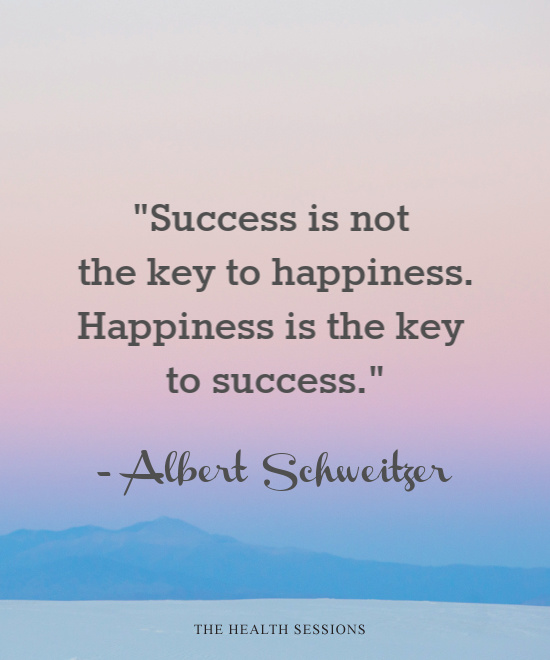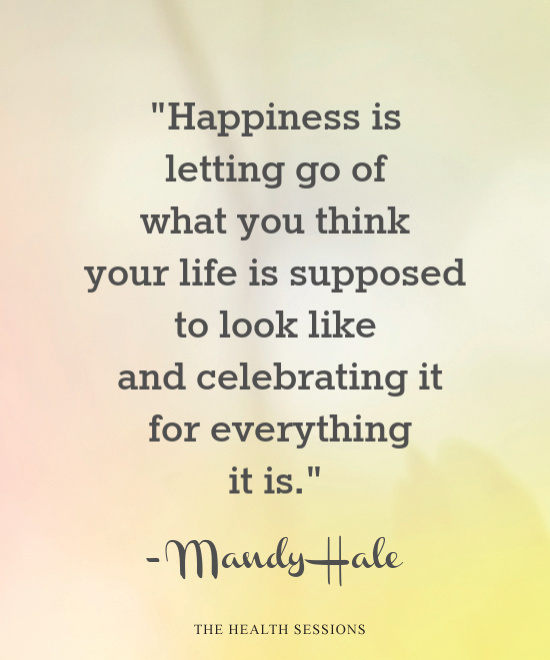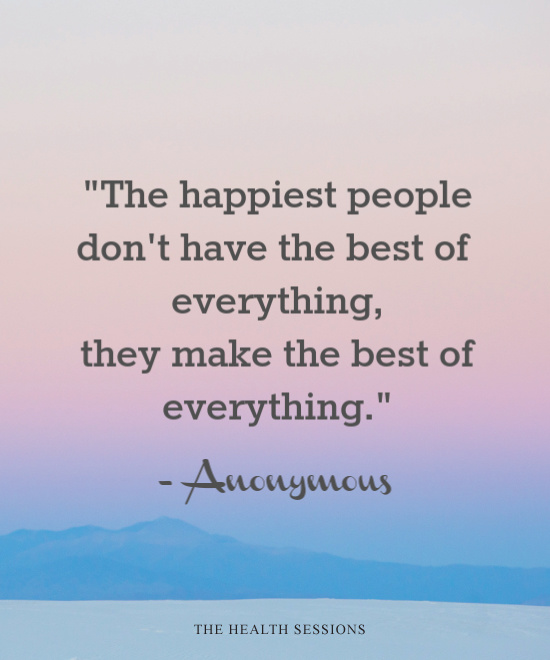10 Emotional Wellbeing Tips When Living with a Chronic Illness

We all want to be happy. And understandably so. Happiness doesn’t just feel good, it also protects your physical and mental health and lengthens your life.
But our modern-day fixation on happiness has some downsides. When you expect to wake up with a smile every day, it can be hard to deal with the sadness and anxiety you’ll inevitably feel. Accepting negative emotions as a normal part of life may actually protect you from developing depressive symptoms. What’s more, because there’s so much focus on what you yourself can do to feel happier, our positivity culture puts a lot of responsibility on a person’s shoulders. If you aren’t jumping for joy, you must be doing something wrong.
One of the reasons why we struggle with the pursuit of happiness, is the way we define being happy.
Happiness can mean a lot of different things to different people. In the English language and positive psychology field, ‘happiness’ can refer to:
You’ve probably read plenty of headlines about “20 ways to feel happier instantly” in the past few years. And although it’s important to learn how you can cultivate more positive emotions like hope, joy and awe, we pay a lot of attention to our day-to-day fluctuations in happiness. But being cheerful all the time under tough circumstances like chronic illness, financial problems and relationship troubles is hard – and arguably not that healthy.
What if we’d focus more on happiness as an overall, long-term sense of contentment? Instead of being triggered by outside events or momentary thoughts, true happiness would be more about how satisfied you are with your life most of the time. Not that you should be happy-go-lucky every day, but that you experience an enduring appreciation of your family and friends, career or life-as-a-whole.
To ponder what true happiness means to you, take a look at these 12 uplifting happiness quotes.












You can learn more about the art of happiness from the Dalai Lama and psychiatrist Howard Cutler in this in-depth review.
What does true happiness mean to you?
If you enjoyed reading this article, you might also like: